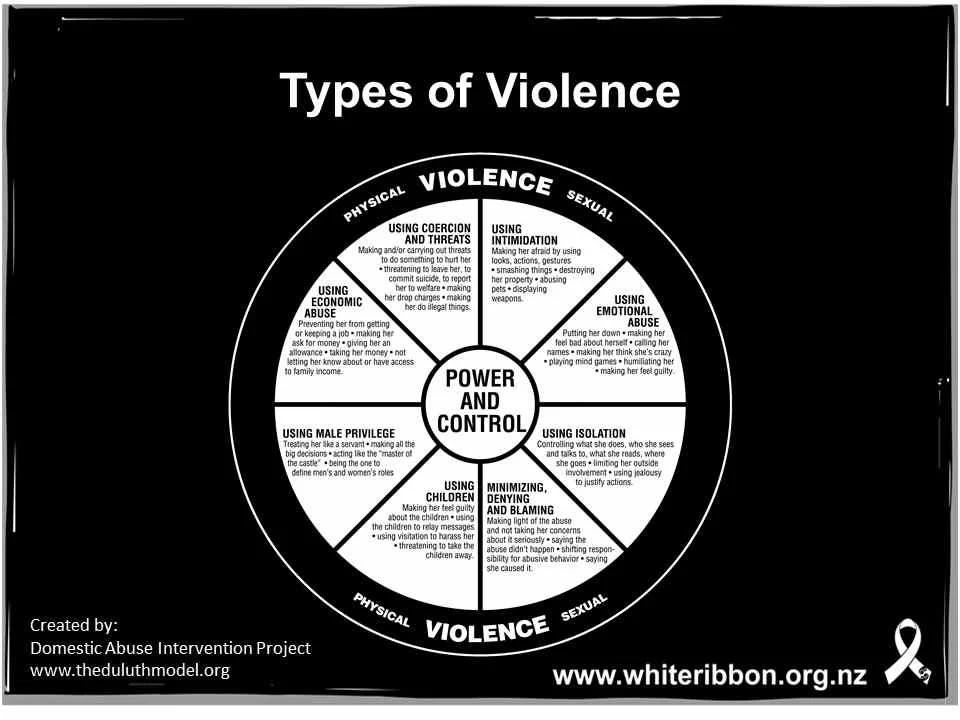Fono: 'It's our families, our people, our responsibility'
(caption for the above picture: Participants at the two-day South Island Fono held on November 24-25 in Christchurch for Pacific community leaders)
- the event was hosted by the Pacific Unit of Ministry of Social Development, Ministry of Pacific Peoples and the Ministry of Health
The South Island inaugural Fono for Pacific community leaders provided an opportunity for leaders to gather and share how various governmental agencies can better respond to the needs of most vulnerable Pacific children, youth and families. By April 1, next year, the Ministry of Vulnerable Children will be in place focussing on five sore services – prevention, intensive intervention, care support services, transition support and a youth justice service aimed at preventing re-offending. The forum provided an opportunity for community leaders to engage with decision-makers to help them understand what works best for Pacific children. The Fono's theme was “Connect and Act”.
Diane Fenika, who is the Senior Regional Advisor at the Ministry for Pacific Peoples based in Christchurch noted, “Apart from the issues of domestic violence, Pacific youth also struggle with the issues of cultural identity. Mental health is another important consideration. That's why this two-day event assumes great significance as it provides huge networking opportunities for various governmental and non-governmental agencies working towards better outcomes for Pacific peoples. While this is the inaugural event, hopefully, it will become an annual affair.”
Why take action now?
Recent analysis by Treasury to understand children who are at risk of poor outcomes and the costs associated showed that total costs of Pacific children in the cohort before age 36 were averaging $80,400.
For Maori children, it was $129,300.
Whereas for European children, this sum is $49,100.
What is Pasefika Proud?
Pasefika Proud is the programme of work for the prevention of violence in Pacific families and communities working towards achieving wellbeing in Pacific families. The Pasefika Proud Campaign is a strengths-based approach to preventing violence in Pacific families and communities using positive messaging and community initiatives in a social marketing strategy. The purpose of the Pasefika Proud Programme of Action: 2014–2017 is to address key issues and priorities for the next three years in relation to family/domestic violence in Pasefika families in NZ.
NZ statistics: (courtesy Ministry for Pacific Peoples)
- New Zealand’s Pacific peoples are a diverse and dynamic group with the fastest growing young population. A little under half (46.1%) are less than 20 years old, compared with 27.4% for the total population. By 2026 it is projected that Pacific Peoples will be 10% of the population, compare to 7.4% in 2013.
- Samoa remains largest Pacific Peoples ethnic group in 2013 with 48.7% of the Pacific people’s population (144,138). Cook Islands Maori 20.9% (61,839 people). Tongan 20.4% (60,333 people). Niuean 8.1% (23,883 people)
- Almost two thirds of Pacific Peoples 62.3% (181,791 people) who identified with at least one Pacific ethnicity were born in New Zealand. Most Pacific Peoples (92.9% or 274,806 people) lived in the North Island in 2013. Almost two thirds (65.9% or 194,958 people) identified with at least one Pacific ethnicity lived in the Auckland region and 12.2% or 36,105 people, in the Wellington region.
- In contrast only 7.1% of Pacific Peoples (21,135 people) lived in the South Island in 2013. (Statistics NZ Census 2013)



